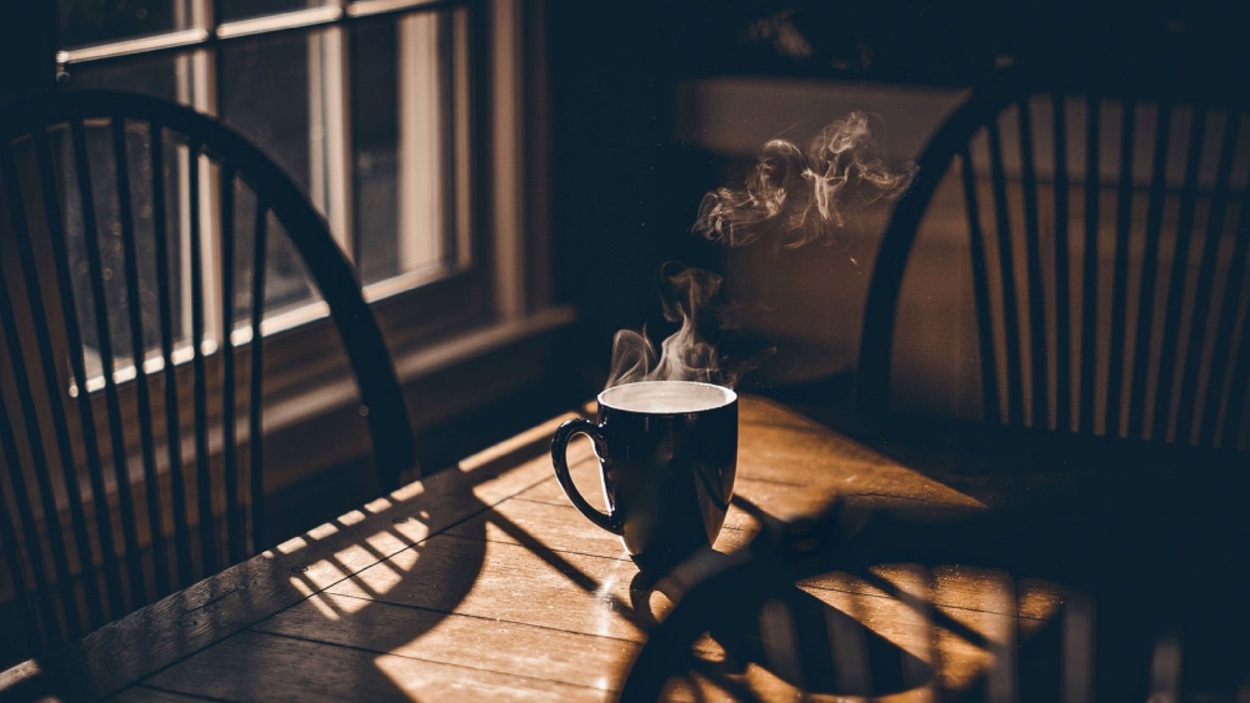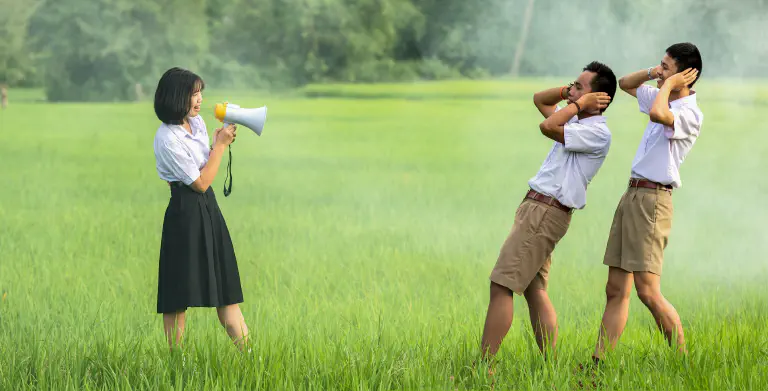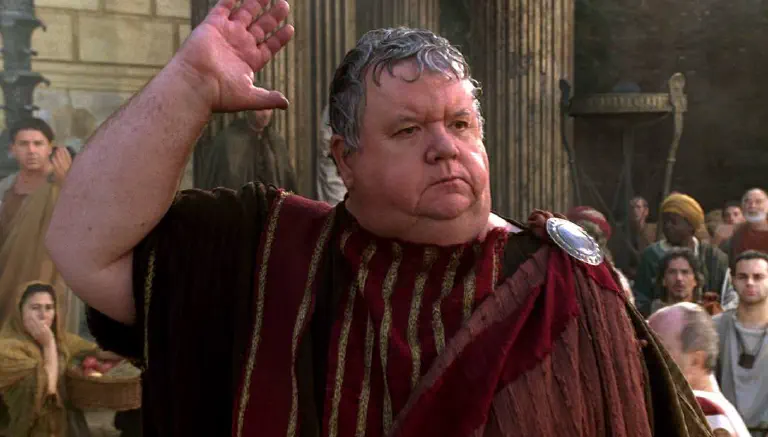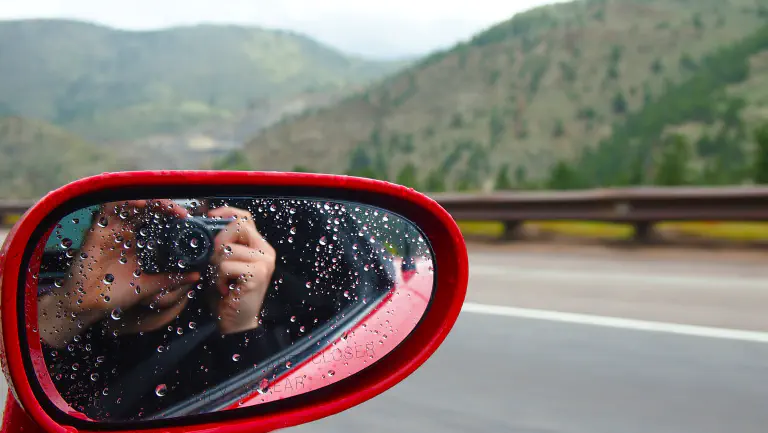
Hello Habit
Habits can be bad, like when they deter progress toward your current set of goals, and they can be good, like when they move you closer to your goals or align you with them (supposing the latter include a state).
They are the way you spend your time, the way you think about things, the way you communicate and what you do.
Where Are You Going?
They determine where you are going.
Getting to know them, learning to create them, learning to direct them, developing the discipline to manage them effectively, this is where the rubber meets the road.
Take Some Time Today To List Your Habits
I repeat: Take some time today to list your habits.
How would you like to change them?
How can you change them?
What or who is inhibiting you?
If you haven't yet taken responsibility for your own success, now is a good time to do it-after all, if you don't who will?
Out With The Old, In With The New
Remember, habits need not be set in stone.
As you develop the ability to manage your habits, it will take less time for you to change them.
Eventually, instead of replacing bad habits with good habits you will be powerful enough to change good habits for better or more fitting ones, on an as needed basis.
You Got This
Habit
"Etymologically, a habit is what one has. The word originally comes via Old French abit from Latin habitus, originally the past participle of the verb habere have. This was used reflexively for be, and so the past participle came to be used as a noun for how one is - one's state or condition. Subsequently this developed along the lines of both outward condition or appearance, hence clothing, and inner condition, quality, nature, character, later usual way of behaving. This proliferation of meaning took place in Latin, and was taken over lock, stock, and barrel by English, although the clothing sense now survives only in relation to monks, nuns, and horseriders. (Incidentally, the notion of adapting the verb have to express how one is, how one comports oneself recurs in behave."
~ John Ayto, "Dictionary of Word Origins"













